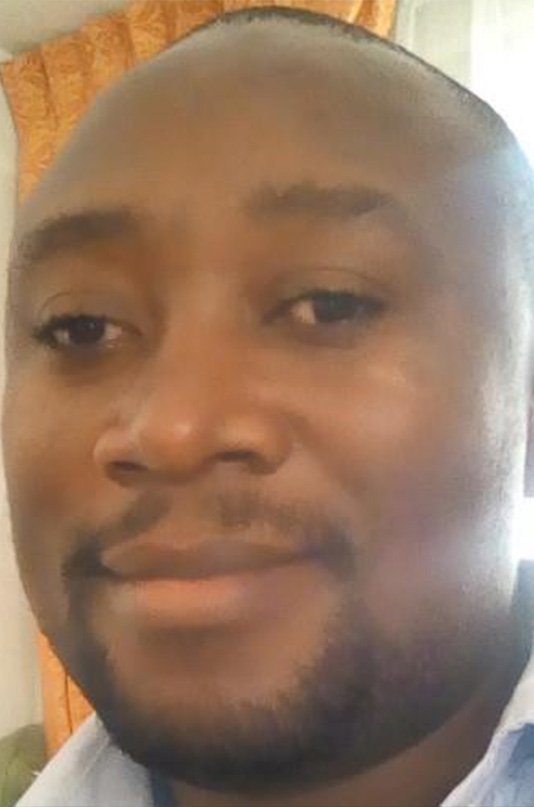Together with a panel of master in public health students at the ITM and ULB-UC Louvain, Karel Gyselinck lays down the key messages of the first day of the conference. What did the students learn, what touched them, what was missing and how will they translate the lessons learned in their (future) daily life? Some observations from the panel:
- Climate change is the biggest global health threat for the 21st century.
- Climate change is a reality in many Low and Middle Income Countries (LMICs), for instance frequent droughts or heavy rains are a consequence of global warming. However, this direct link is often not made by people. In Cameroon, climate issues seem a concern only for abroad. It is important to make the link with what the country is experiencing.
- In Mali, people do not know about polar bears, they need concrete examples from everyday life according to each context, and we need to show more local initiatives. We need localised research on the link between climate and health.
- There is a controversial relationship between the need for development in LMICs and preserving environment and life. These are framed as conflicting mandates.
- To address climate change, we need a holistic approach and global collaboration.
- When the earth is seen as a patient, the call for health professionals is loud and clear.
- Nutrition programmes or solar energy projects for health facilities show that good practices exist and need to be scaled up.
- The link between mortality and heat shows how data should be translated into action to improve people’s lives.
- Addressing symptoms requires a lot of money and time, instead we should be tackling the real causes of the problem.
- Regional cooperation among African countries that actually share important natural resources, such as big rivers, is lacking.
- Advocacy is crucial to make the difference at policy level.
- We need to give the floor to indigenous people and local communities and learn directly from them.
- Start from individual behaviour: reduce plastic and paper use, increase the use of natural products, drink tap water, etc. However, this is a lifetime engagement, which is why we also need to work with children and train future generations.
- We need an urgent shift from ego to eco.

"This is the tricky idea that came out of the conference today: how do we balance needs for development in the developing world with the need for maintaining good planetary health?"
